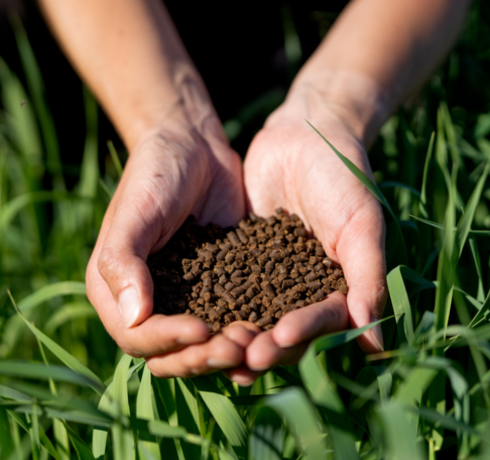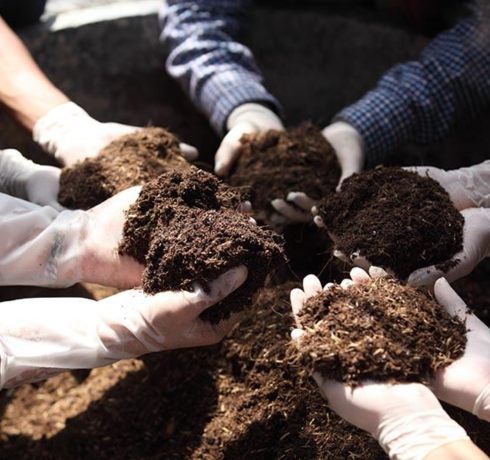Organic fertilizers are natural substances used to enhance soil fertility and promote healthy plant growth, derived from plant, animal, or mineral sources. Unlike synthetic fertilizers, which provide concentrated nutrients in chemical form, organic fertilizers offer a slow-release nutrient profile. Common examples include compost, manure, bone meal, fish meal, and seaweed extracts. These fertilizers not only supply essential nutrients like nitrogen, phosphorus, and potassium but also improve the soil structure, increase microbial activity, and enhance water retention. Organic fertilizers are particularly beneficial for long-term soil health, enriching the soil with organic matter that supports biodiversity and improves overall soil quality.
In addition to enhancing soil fertility, organic fertilizers are eco-friendly and sustainable alternatives to chemical fertilizers. They are less likely to leach into water systems, reducing the risk of water pollution and eutrophication. Furthermore, organic fertilizers help in the carbon sequestration process, contributing to climate change mitigation by storing carbon in the soil. As consumers and farmers increasingly focus on sustainability and reducing their environmental footprint, organic fertilizers have gained significant popularity. Their use in organic farming systems supports sustainable agriculture, promoting healthier soils, better plant resilience, and reduced environmental impact



